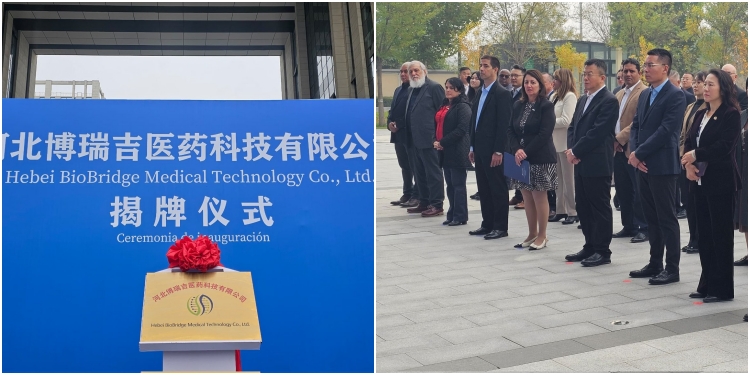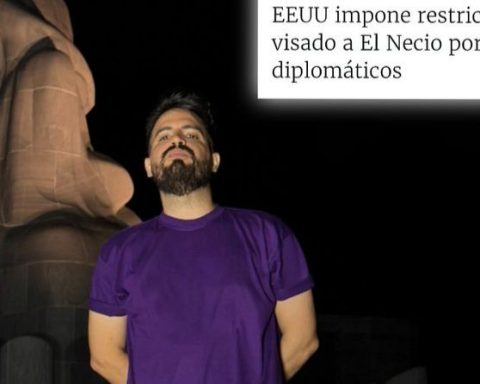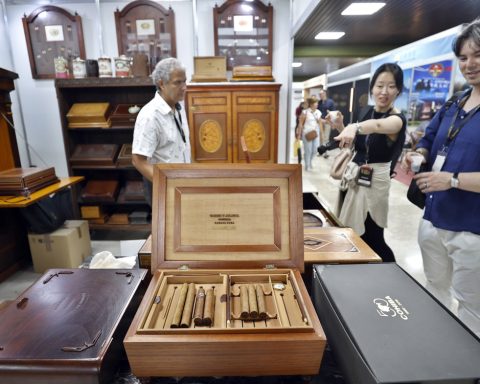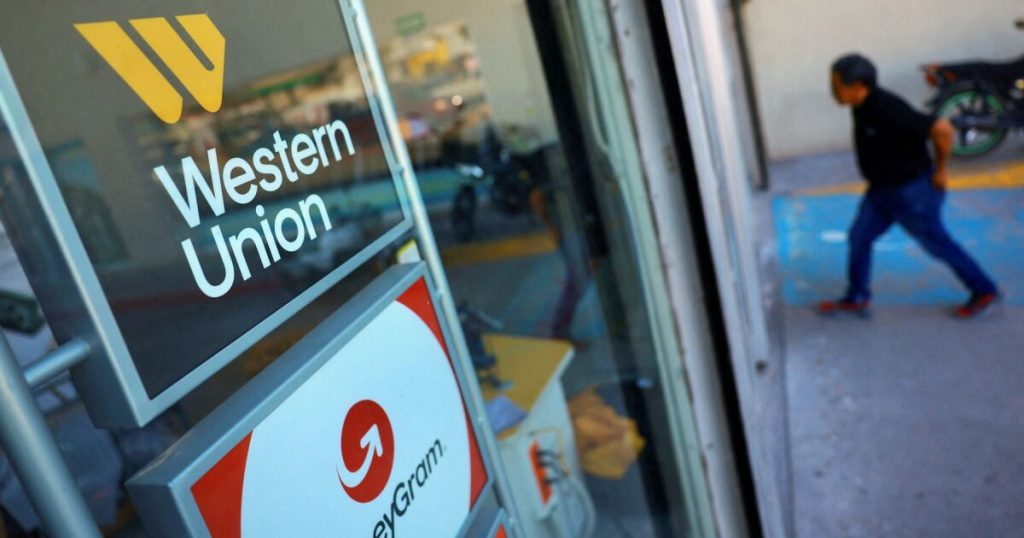AREQUIPA, Peru – The state-owned BioCubaFarma reported in its social network (formerly Twitter) that this Friday the 100% Cuban company BioBridge Medical Technology was inaugurated, in the high-tech development zone of Shijiazhuang, Hebei, China.
The fact responds to the practical implementation of the consensus between the Cuban dictatorship and China on biotechnology.
The president of BioCubaFarma, doctor of sciences Mayda Mauri Pérezhighlighted in global health”.
A report from the official media Cubadebate points out that in the first Biobridge Medical Technology Business Forum, BioCubaFarma’s research and development projects were presented to Chinese businessmen and opinion leaders from Shijiazhuang, in Hebei, China.
Experts, researchers and opinion leaders from the organization showed products for the treatment of cancer, neurodegenerative, infectious and autoimmune diseases.
The president of BioCubaFarma highlighted Biobridge’s “ample opportunities” to strengthen biotechnological and business ties between China, Cuba and Latin America.
At the conclusion of the Forum, Santiago Dueñas considered it “very successful,” especially in expediting innovation projects “that can contribute to the health of Cuba and other nations.”
International impulse: national failure
The star biotechnology company of the Cuban regime has been the subject of several headlines in 2024. While the Castro regime boasts about national biotechnology In Asia, the immediate results in the country are not perceptible.
In the midst of the acute shortage of medicines on the Island, BioCubaFarma reported last May on new production lines, although it warned that many drugs necessary for the population will continue to be in short supply indefinitely.
Rita María García, director of Operations and Technology of the entity, declared to the official Caribbean Channel that the production of Aminophylline, Labetalol, Fenoterol and Morphine 10 and 20 mg, injectable drugs for hospital use for patients under intensive care, was resumed.
Likewise, the directive pointed out that these antibiotics are not being manufactured because there are no premiums for them, nor is it known when they could arrive in the country.
Nor will there be Cuban hospitals presence of important cytostatics in high demand for cancer patients, such as Paclitaxel, Cisplatin and Oxaliplatin.
Likewise, drugs such as Allopurinol, Amiodarone, Omeprazole capsules and Haloperidol 5 mg will continue to be in short supply. BioCubaFarma specifies that the production of the last two has been affected by an equipment breakdown.

















